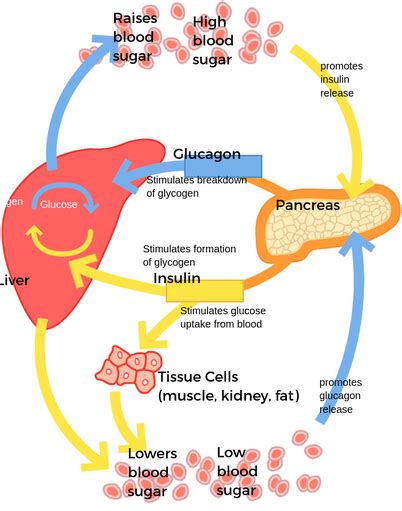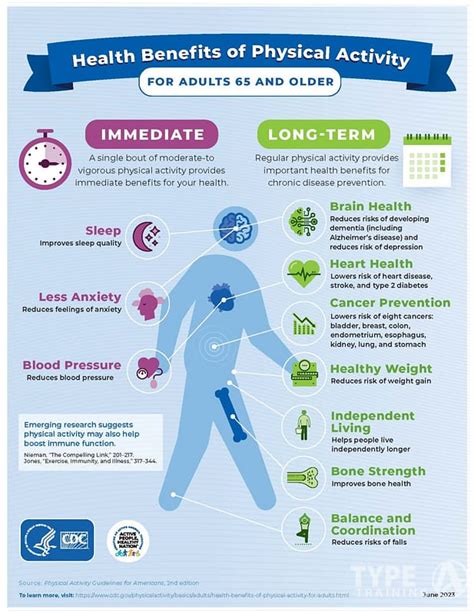Intro
Discover 5 ways to regulate blood sugar levels naturally, managing diabetes and insulin resistance through diet, exercise, and lifestyle changes, promoting glucose control and overall health.
Maintaining healthy blood sugar levels is crucial for overall well-being, as it can help prevent various health issues such as diabetes, heart disease, and stroke. Blood sugar regulation is the process by which the body maintains a stable level of glucose in the bloodstream. When we eat, our body breaks down carbohydrates into glucose, which is then absorbed into the bloodstream. The pancreas releases insulin, a hormone that helps cells absorb glucose, thereby regulating blood sugar levels. However, with the increasing prevalence of diabetes and other blood sugar-related disorders, it has become essential to understand the importance of regulating blood sugar levels.
In recent years, research has shown that regulating blood sugar levels can have numerous health benefits, including reducing the risk of chronic diseases, improving energy levels, and enhancing cognitive function. Moreover, regulating blood sugar levels can also help with weight management, as it can reduce cravings for unhealthy snacks and improve metabolism. With the vast amount of information available on blood sugar regulation, it can be overwhelming to determine the best approach. Nevertheless, there are several simple and effective ways to regulate blood sugar levels, which will be discussed in this article.
The importance of regulating blood sugar levels cannot be overstated. When blood sugar levels are not properly regulated, it can lead to a range of health problems, including insulin resistance, type 2 diabetes, and cardiovascular disease. Furthermore, unregulated blood sugar levels can also lead to energy crashes, mood swings, and difficulty concentrating. Therefore, it is essential to take proactive steps to regulate blood sugar levels, such as making dietary changes, increasing physical activity, and managing stress.
Understanding Blood Sugar Regulation

Factors Affecting Blood Sugar Levels
Several factors can affect blood sugar levels, including diet, physical activity, stress, and sleep. A diet high in sugar and refined carbohydrates can lead to blood sugar spikes, while regular physical activity can help improve insulin sensitivity. Stress and lack of sleep can also disrupt blood sugar regulation, leading to increased cravings for unhealthy snacks and decreased energy levels. Therefore, it is essential to consider these factors when developing a strategy to regulate blood sugar levels.Dietary Changes for Blood Sugar Regulation

Foods to Eat for Blood Sugar Regulation
Some of the best foods for blood sugar regulation include: * Leafy greens, such as spinach and kale * Berries, such as blueberries and strawberries * Nuts and seeds, such as almonds and chia seeds * Fatty fish, such as salmon and tuna * Sweet potatoes and other whole grains These foods are rich in fiber, protein, and healthy fats, which can help slow down the digestion of carbohydrates and improve insulin sensitivity.Physical Activity for Blood Sugar Regulation

Benefits of Physical Activity for Blood Sugar Regulation
Regular physical activity can have numerous benefits for blood sugar regulation, including: * Improved insulin sensitivity * Reduced inflammation * Increased energy expenditure * Enhanced cardiovascular health * Improved mental health and well-being Therefore, it is essential to incorporate physical activity into your daily routine, aiming for at least 150 minutes of moderate-intensity exercise per week.Stress Management for Blood Sugar Regulation

Techniques for Stress Management
Some of the best techniques for stress management include: * Meditation and mindfulness * Yoga and tai chi * Deep breathing exercises * Progressive muscle relaxation * Journaling and writing These techniques can help reduce stress and anxiety, improve mood, and enhance overall well-being.Sleep and Blood Sugar Regulation

Tips for Improving Sleep Quality
Some of the best tips for improving sleep quality include: * Creating a relaxing bedtime routine * Avoiding screens before bedtime * Keeping the bedroom cool, dark, and quiet * Avoiding caffeine and nicotine before bedtime * Getting regular exercise and physical activity By prioritizing sleep quality, you can help regulate blood sugar levels, improve energy levels, and enhance overall health and well-being.Monitoring Blood Sugar Levels

Tools for Monitoring Blood Sugar Levels
Some of the best tools for monitoring blood sugar levels include: * Glucose meters * Continuous glucose monitoring systems (CGMS) * Mobile apps and tracking devices * Laboratory tests, such as hemoglobin A1c (HbA1c) By using these tools, you can gain a better understanding of your blood sugar levels and make informed decisions about your health.What are the symptoms of unregulated blood sugar levels?
+Symptoms of unregulated blood sugar levels include increased thirst and urination, fatigue, blurred vision, and slow healing of cuts and wounds.
How can I prevent blood sugar spikes?
+To prevent blood sugar spikes, eat regular meals, choose complex carbohydrates, and avoid sugary drinks and refined snacks.
What is the role of insulin in blood sugar regulation?
+Insulin is a hormone produced by the pancreas that helps cells absorb glucose, thereby regulating blood sugar levels.
In conclusion, regulating blood sugar levels is crucial for maintaining overall health and well-being. By making dietary changes, increasing physical activity, managing stress, and prioritizing sleep, you can help regulate your blood sugar levels and reduce the risk of chronic diseases. Remember to monitor your blood sugar levels regularly and make informed decisions about your diet, exercise routine, and stress management strategies. We invite you to share your thoughts and experiences on blood sugar regulation in the comments section below. If you found this article helpful, please share it with your friends and family, and don't forget to follow us for more informative articles on health and wellness.
